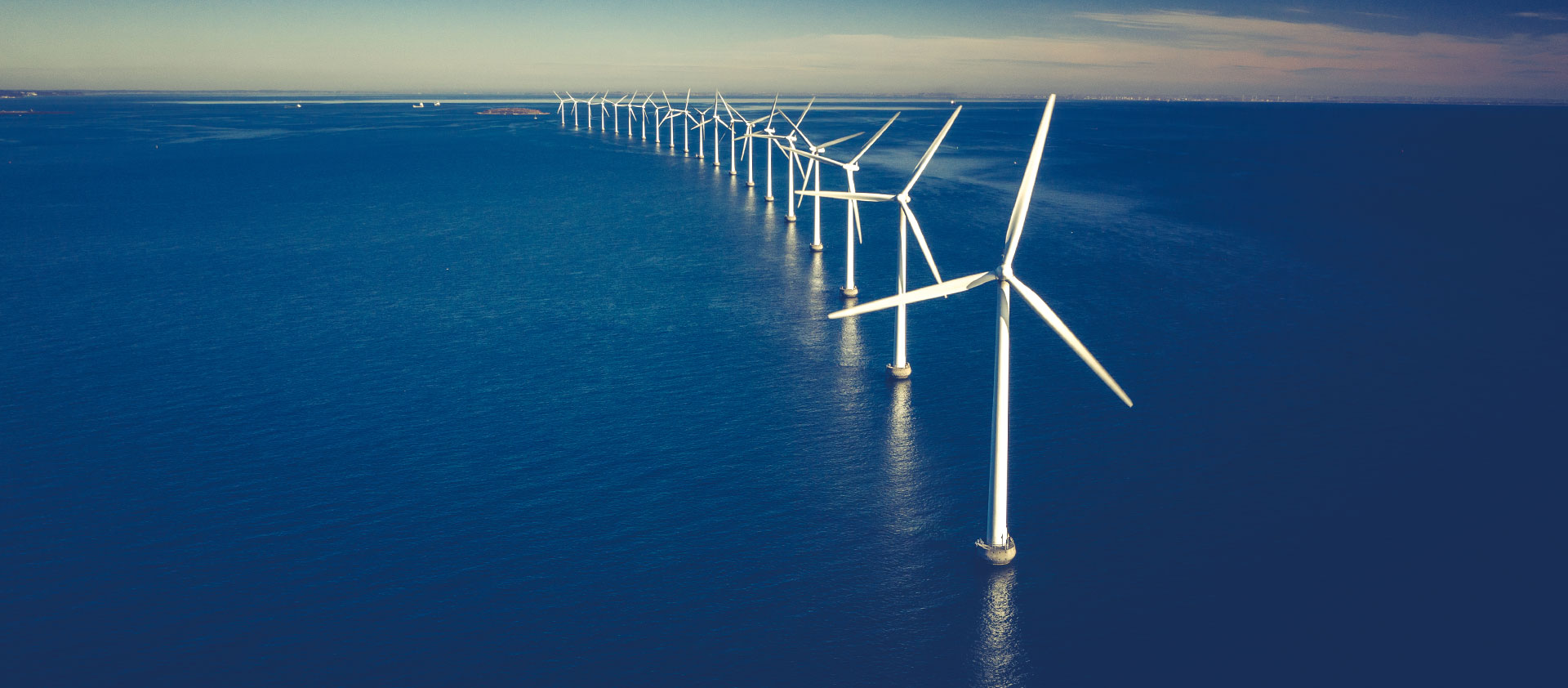Taxes and subsidies
AER AGL Aluminium Batteries Battery Budget BYD CATL CBAM China Coal Critical minerals Decarbonisation Diesel DMO Election Electric Vehicle Electricity/electrification electrostate Energy crisis Federal Election Finance Sector & Emissions Gas Green Iron/Steel Hydrogen India & Adani Methane Nuclear offshore wind Oil OP EDS Peter Dutton Podcasts Renewables Solar Tariff Taxes and subsidies US IRA/EU NZIA et al Wind
Canberra’s new plan a winner for investors
___
Future Made in Australia Act puts country in global cleantech race
The Australian
Welcome to the Prime Minister’s vision of the future – made in Australia
The New Daily
Future Made in Australia Act ‘expands Australia’s opportunity’: Tim Buckley
Sky News
New Straits Times | Australia PM unveils plan to overhaul economy, invest in green energy
___
Australia PM Unveils Plan To Overhaul Economy, Invest In Green Energy
Barron's
Radio France International | Australia PM unveils plan to overhaul economy, invest in green energy
___
DAILY TELEGRAPH | New, wide-ranging industry support is welcome, but structural problems remain, business says
___
ABC Drive Illawarra | A Uniquely Australian Opportunity
ABC Radio
New, Wide-Ranging Industry Support is Welcome, but Structural Problems Remain, Business Says
The Australian
Australia PM unveils plan to overhaul economy, invest in green energy
Yahoo
What overcapacity? China says its industries are simply more competitive
Reuters
